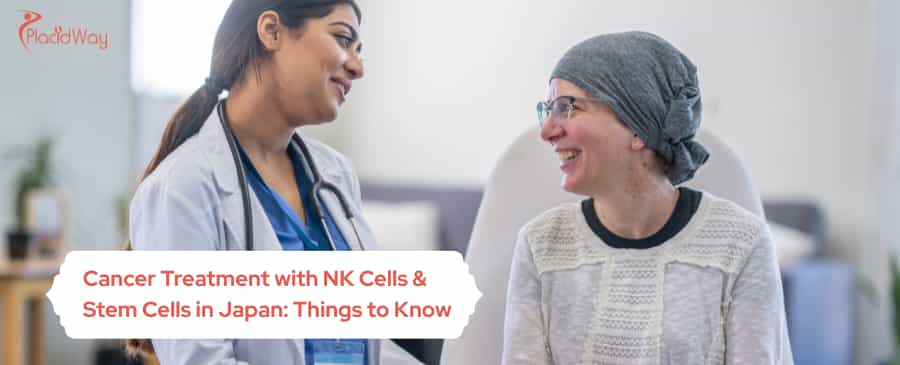
Japan has emerged as the global authority in regenerative medicine, offering advanced NK cell therapy Tokyo Japan and stem cell treatments regulated by the world's most rigorous safety laws. For international patients seeking alternatives to standard oncology, understanding the landscape of Japanese immunotherapy is crucial. This comprehensive guide covers everything from procedure details and costs to legal frameworks and clinic selection.
Key Takeaways
-
Cost Savings & Value: While Japan is a premium destination, patients often receive higher cell counts and stricter safety checks than in the US, with NK cell therapy Tokyo Japan packages costing significantly less than comparable US clinical trials.
-
Comprehensive Packages: Treatment typically includes medical visa support, translation, consultation, cell harvesting, culture expansion, and re-infusion.
-
Global Cost Comparison:
-
Korean plastic surgery and immune packages offer 40%–65% savings compared to the US.
-
Turkey offers the lowest entry price for stem cell treatments.
-
Mexico provides accessible options for North Americans but varies in regulation.
-
Average Treatment Package Costs:
-
NK Cell Therapy (Japan): $15,000 – $25,000 (preventive/mild) to $45,000 (intensive)
-
Stem Cell + NK Combo (Japan): $25,000 – $50,000
-
NK Cell Therapy (South Korea): $10,000 – $30,000
-
Stem Cell Therapy (Mexico): $5,000 – $20,000
-
Stem Cell Therapy (Turkey): $3,000 – $15,000
-
Breast Cancer Immunotherapy (Japan): $20,000 – $40,000
-
Prostate Cancer Immune Therapy (Japan): $18,000 – $38,000
What is NK Cell Therapy?
Natural Killer (NK) cell therapy is an autologous immunotherapy where a patient's own immune cells are harvested, activated, and multiplied in a lab to target and destroy cancer cells and virus-infected cells.
Natural Killer (NK) cells are the immune system's first line of defense. Unlike T-cells, which require specific markers to identify enemies, NK cells can independently recognize and kill stressed or abnormal cells. In Japan, highly activated NK cell therapy involves taking a small amount of your blood, isolating these cells, and culturing them for 2-3 weeks to increase their numbers from a few million to several billion.
This "supercharged" army is then infused back into your body via IV drip. The therapy is often used in conjunction with standard chemotherapy or radiation to reduce side effects and prevent recurrence.
Key Benefits
-
Reduced Side Effects: Because it uses your own cells, rejection risk is virtually non-existent.
-
Combination Compatible: It works synergistically with conventional cancer treatment Osaka Japan methods.
-
Recurrence Prevention: Highly effective for patients in remission looking to "mop up" microscopic residual disease.
Stem Cell Therapy for Cancer in Japan
Stem cell therapy in Japan focuses on repairing the immune system and regenerating tissue damaged by harsh cancer treatments, rather than directly attacking tumors.
While NK cells are the "soldiers," stem cells (specifically Mesenchymal Stem Cells or MSCs) act as the "repair crew." In the context of cancer, stem cell cancer treatment Osaka Japan is often used to:
-
Restore Immunity: Help rebuild the immune system after chemotherapy.
-
Reduce Inflammation: Systemic inflammation is a driver of cancer metastasis; MSCs have potent anti-inflammatory properties.
-
Targeted Delivery: Research in advanced medical tourism Japan is exploring using stem cells as carriers to deliver anti-tumor drugs directly to cancer sites.
The Legal Advantage: The ASRM Act
Japan is the only country with a specific law, the Act on the Safety of Regenerative Medicine (ASRM), which allows clinics to offer cell therapies if they meet strict Grade A, B, or C standards. This ensures that stem cell clinics in Fukuoka Japan and Tokyo operate under government oversight, unlike the "grey market" clinics often found in other regions.
Expert Insight: "Japan's regulatory framework allows for the legal administration of cultured stem cells, which allows for vastly higher therapeutic doses compared to the 'same-day' uncultured procedures common in the USA."
Top Destinations for Treatment
Tokyo: The Hub of Advanced Immunotherapy
Tokyo hosts the highest concentration of government-licensed clinics and cell processing centers (CPCs), making it the primary destination for international oncology patients.
NK cell therapy Tokyo Japan is sought after because the city is home to major university hospitals and private clinics that collaborate on research. The accessibility of English-speaking coordinators and proximity to Haneda/Narita airports makes it ideal for medical tourists.
Osaka: The Center for Regenerative Medicine
Osaka is renowned for its focus on stem cell research and age-management therapies, often offering slightly more competitive pricing than Tokyo.
For patients seeking stem cell cancer treatment Osaka Japan, the Kansai region offers world-class facilities. Many clinics here specialize in combination therapies—using both NK cells and MSCs to tackle cancer from multiple angles.
Kyoto & Fukuoka: Boutique Specialized Care
These cities offer quieter environments for recovery, with specialized clinics focusing on holistic and integrative cancer care.
Immunotherapy cost Kyoto Japan can sometimes be lower than in the capital. These locations are perfect for patients who prefer a serene environment for their medical tourism Japan cancer journey, combining treatment with stress-reducing cultural experiences.
Candidacy and Preparation
Ideal candidates are those with solid tumors, those seeking recurrence prevention, or patients looking to boost immunity alongside standard care; preparation involves detailed medical history review and viral screening.
Not everyone is a candidate. Japanese clinics are selective to ensure high success rates.
-
Who Qualifies? Patients with Stage I-IV solid tumors (lung, breast, stomach, colon, etc.) and those in remission.
-
Who May Not Qualify? Patients with T-cell leukemia (sometimes contraindicated), active severe infections, or autoimmune diseases (case-by-case).
-
Preparation Steps:
-
Viral Screening: HIV, Hepatitis B/C, and Syphilis tests are mandatory.
-
Medical Records: Translated summaries of your latest CT/PET scans and blood work.
-
Medical Visa: For prolonged treatment, you may need a medical visa, which requires a guarantor (often provided by agencies like PlacidWay).
-
Cost of Cancer Immunotherapy in Japan
The cost of cancer immunotherapy in Japan ranges from $15,000 to over $50,000, driven by the expensive cell culturing process and high safety standards.
High-quality cell therapy is labor-intensive. The cells must be cultured in a sterile, government-certified laboratory for weeks.
Detailed Cost Breakdown (Japan)
|
Procedure Type |
Sessions |
Est. Cost (USD) |
Notes |
|---|---|---|---|
|
NK Cell Therapy (Basic) |
1 Session |
$3,500 - $5,000 |
Trial or booster dose. |
|
NK Cell Therapy (Course) |
6 Sessions |
$18,000 - $28,000 |
Standard protocol for active cancer. |
|
MSC Stem Cell Therapy |
1-3 Infusions |
$15,000 - $35,000 |
For immune restoration/repair. |
|
Combo (NK + Stem Cells) |
Full Course |
$30,000 - $55,000 |
Comprehensive "Total Care" package. |
|
Dendritic Cell Vaccine |
Per Vaccine |
$10,000 - $15,000 |
Highly personalized tumor targeting. |
Global Comparison: Is Japan Worth the Premium?
|
Feature |
Japan |
South Korea |
Mexico |
Turkey |
|---|---|---|---|---|
|
Avg. Cost (NK Course) |
$25,000+ |
$20,000+ |
$15,000+ |
$10,000+ |
|
Regulation Level |
Highest (ASRM) |
High (K-FDA) |
Variable |
Moderate |
|
Cell Count |
Very High (Billions) |
High |
Moderate |
Moderate |
|
Safety Focus |
Extreme |
High |
Moderate |
Moderate |
|
Best For |
Safety & Quality |
Tech & Aesthetics |
Cost & Access |
Budget |
Did You Know? Japanese clinics often use "Feeder-Free" culture methods, which reduce the risk of contamination from animal products, a safety standard not always guaranteed in cheaper jurisdictions.
Risks and Side Effects
Side effects are generally mild and flu-like, such as fever or fatigue, but rare serious risks like allergic reactions or infection exist if protocols are not followed.
Because regenerative medicine legal Japan is so strictly controlled, severe adverse events are extremely rare compared to unregulated markets.
-
Common Side Effects:
-
Mild fever (37.5°C - 38°C) typically resolving within 24 hours.
-
Fatigue or lethargy post-infusion.
-
Injection site soreness.
-
-
Rare Risks:
-
Allergic Reaction: Rare, as cells are autologous (your own).
-
Infection: Strict sterility in cancer clinics in Fukuoka Japan and Tokyo minimizes this.
-
Procedure: Step-by-Step
The process usually requires two visits to Japan separated by 2-3 weeks, or a single extended stay of one month.
-
Initial Consultation (Day 1): Doctor reviews records, conducts a health check, and explains the immunotherapy cost Kyoto Japan and protocol.
-
Blood Harvest (Day 1): ~50-100ml of blood is drawn (venipuncture).
-
Cultivation Period (Weeks 1-3): You can return home or travel. The lab isolates NK cells and stimulates them with cytokines (like IL-2) to multiply.
-
Treatment Infusion (Week 3+): You return to the clinic. Cells are infused via IV drip over 45-60 minutes.
-
Observation: You stay for 1 hour to monitor for reactions, then are discharged.
-
Follow-Up: Periodic consultations to monitor immune markers (NKG2D, etc.).
Frequently Asked Questions
What is the success rate of NK cell therapy in Japan?
Success rates vary by cancer stage and type. Japanese clinical data suggests that when combined with standard treatments, NK cell therapy can improve Quality of Life (QoL) in significantly high percentage of patients and halt tumor progression in approximately 50-60% of cases depending on the cancer type. It is most effective as a preventive measure against recurrence.
Is stem cell therapy for cancer covered by insurance?
Generally, no. Medical tourism Japan cancer treatments are considered elective or advanced medical care and are not covered by international health insurance or Japanese National Health Insurance. Patients must pay out-of-pocket.
How long do I need to stay in Japan?
For a single cycle, you need to be in Japan for the initial blood draw (1-2 days) and the infusion (1-2 days). However, because there is a 2-3 week gap for cell culturing, most patients either make two short trips or enjoy a 3-week vacation in Japan.
Can I combine NK cell therapy with chemotherapy?
Yes. In fact, many Japanese oncologists recommend it. NK cells can help maintain your immune system's strength, which chemotherapy often destroys. However, timing is critical; infusions are usually scheduled during the "off" weeks of chemotherapy.
Why is Japan considered safer than Mexico for cell therapy?
Japan operates under the Act on the Safety of Regenerative Medicine, which requires clinics to report every procedure to the government. Clinics must strictly adhere to Good Manufacturing Practice (GMP) standards for cell processing. This level of national oversight is not present in Mexico.
Do I need a referral from my local doctor?
While not strictly mandatory for all clinics, a referral letter and a detailed medical summary (in English) are highly recommended. This ensures the Japanese doctors understand your full medical history before you arrive.
Ready to Explore Advanced Cancer Treatment in Japan?
Navigating the complex world of international medical tourism can be overwhelming. PlacidWay helps you connect with government-licensed, top-tier clinics in Tokyo, Osaka, and Kyoto.
Get a Free Personalized Quote & Treatment Plan Review
Don't gamble with your health. Let us help you verify clinic credentials and compare transparent costs.




.png)


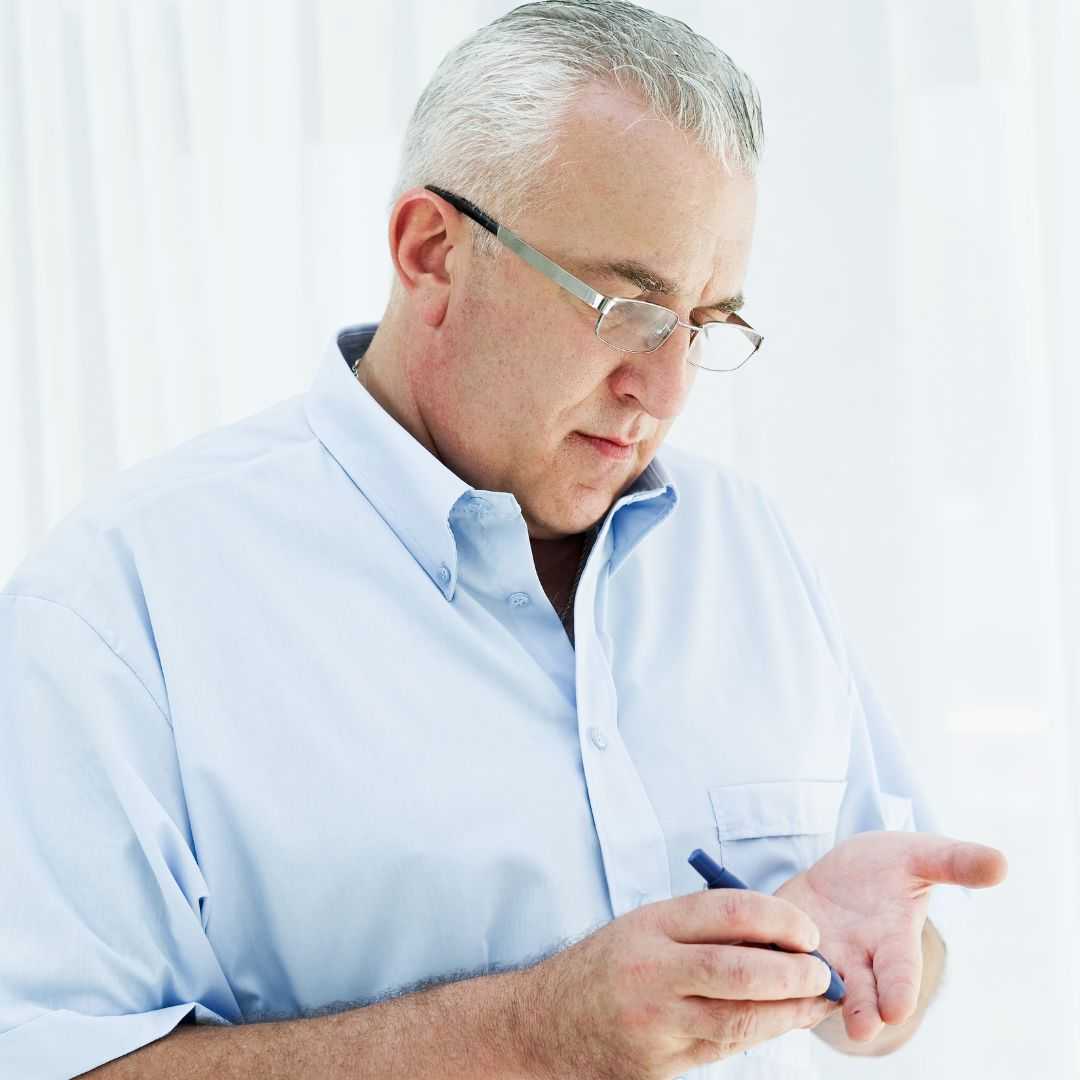
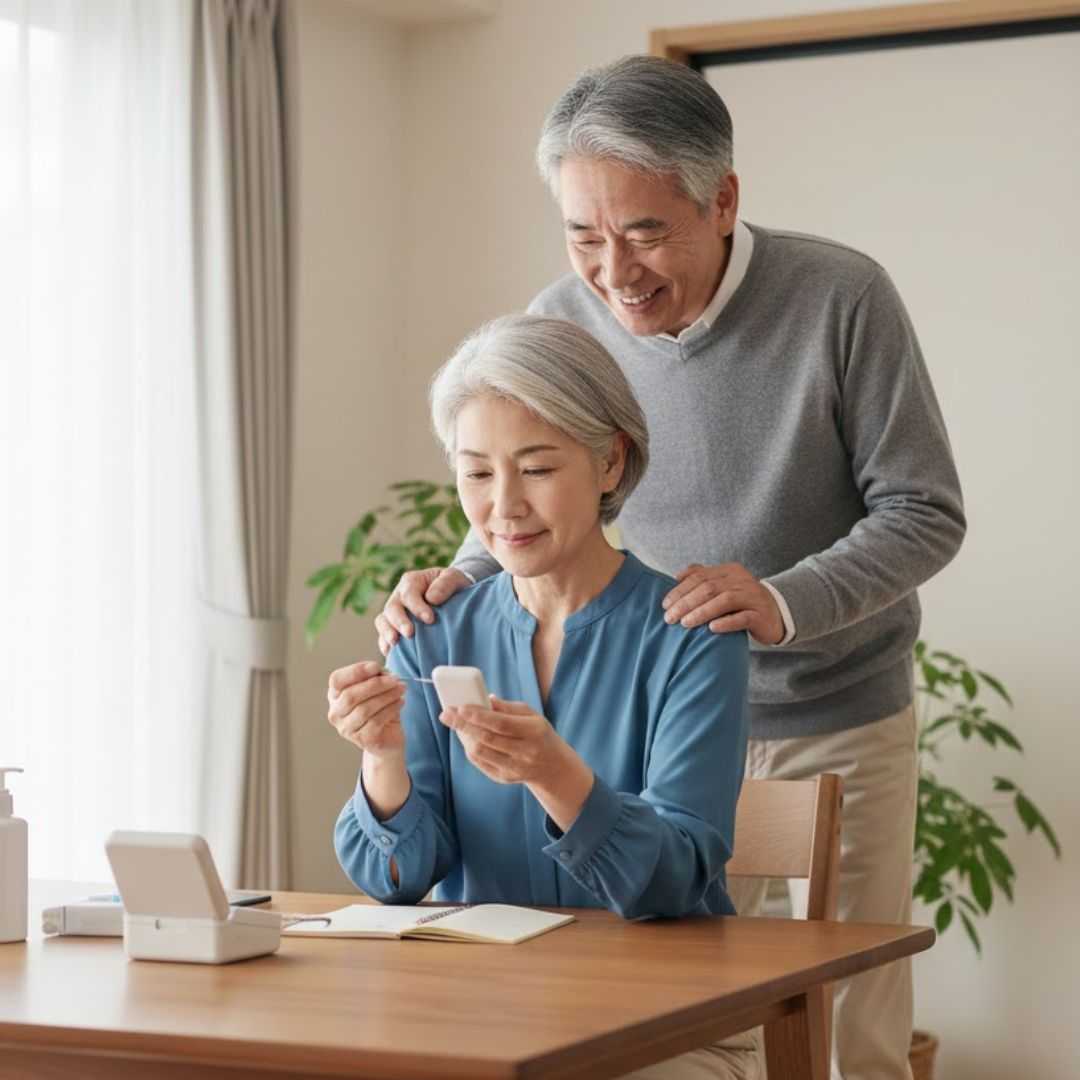

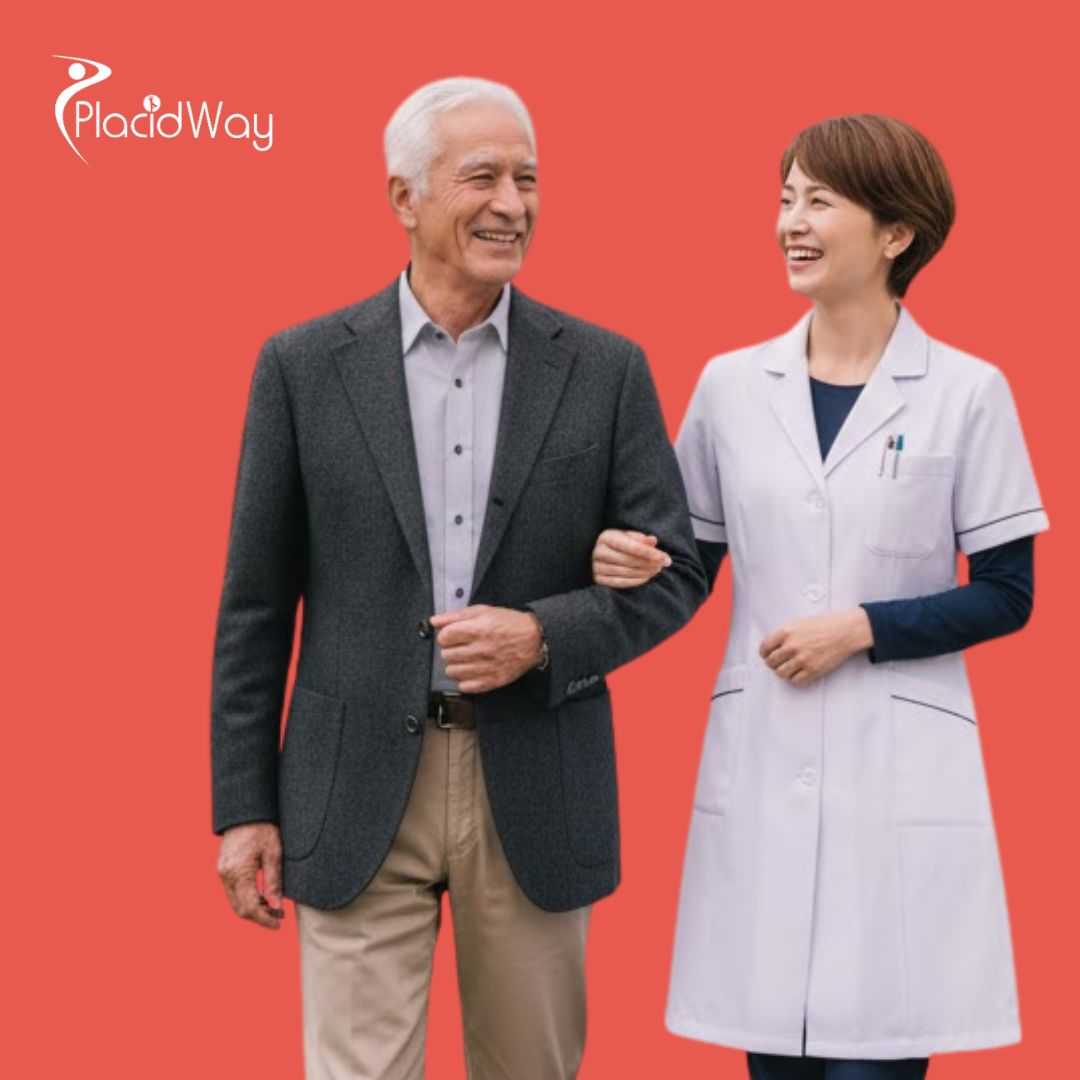

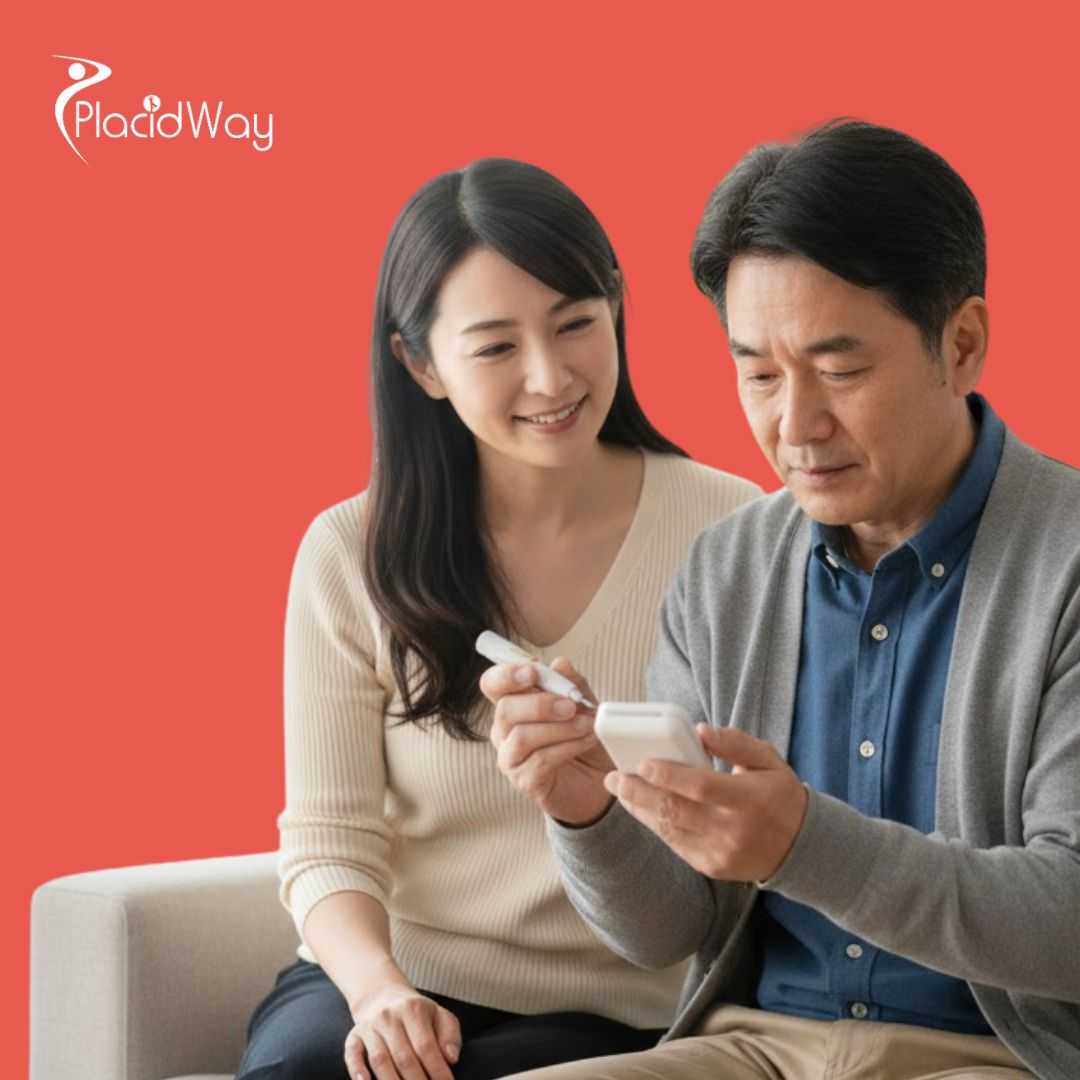
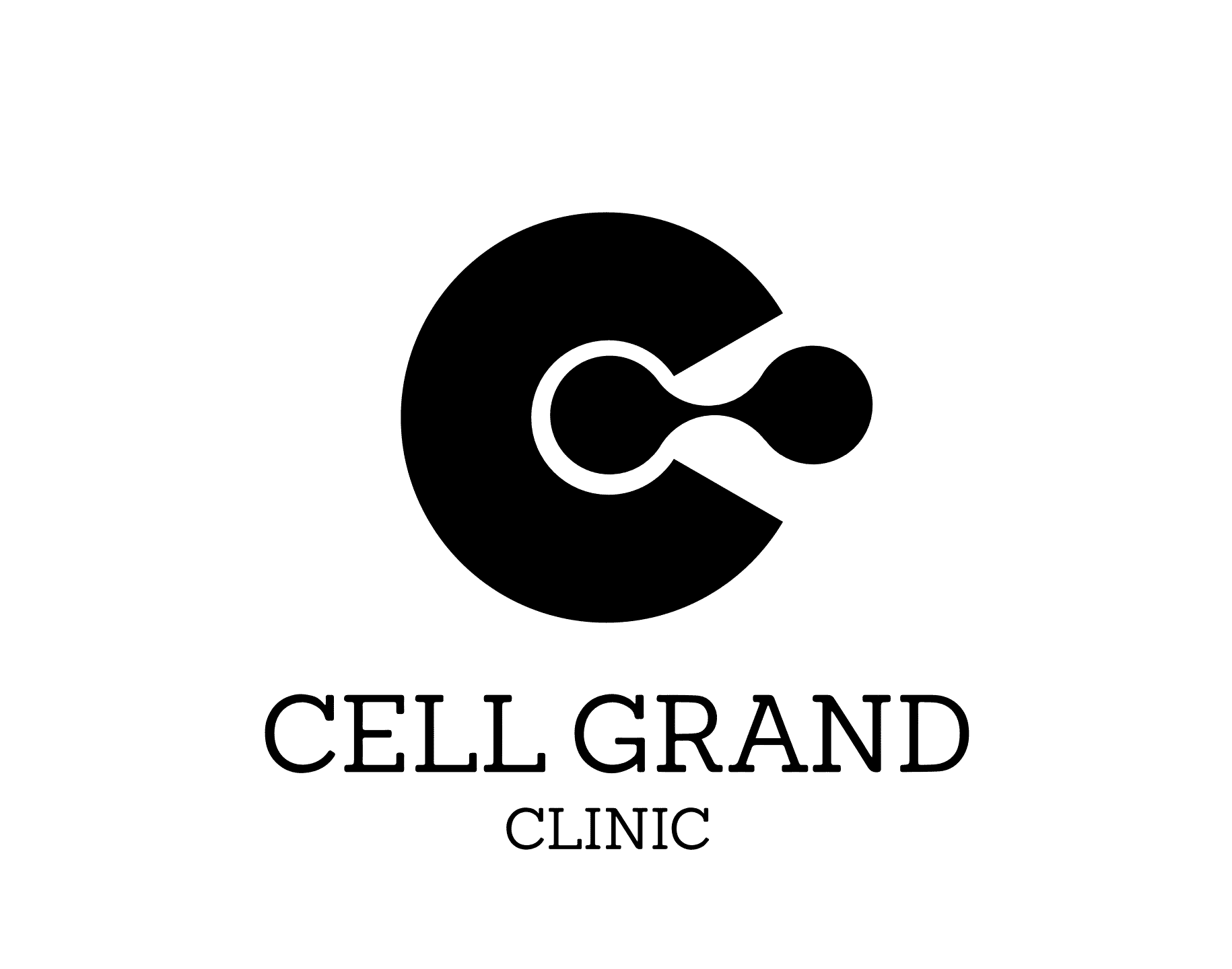
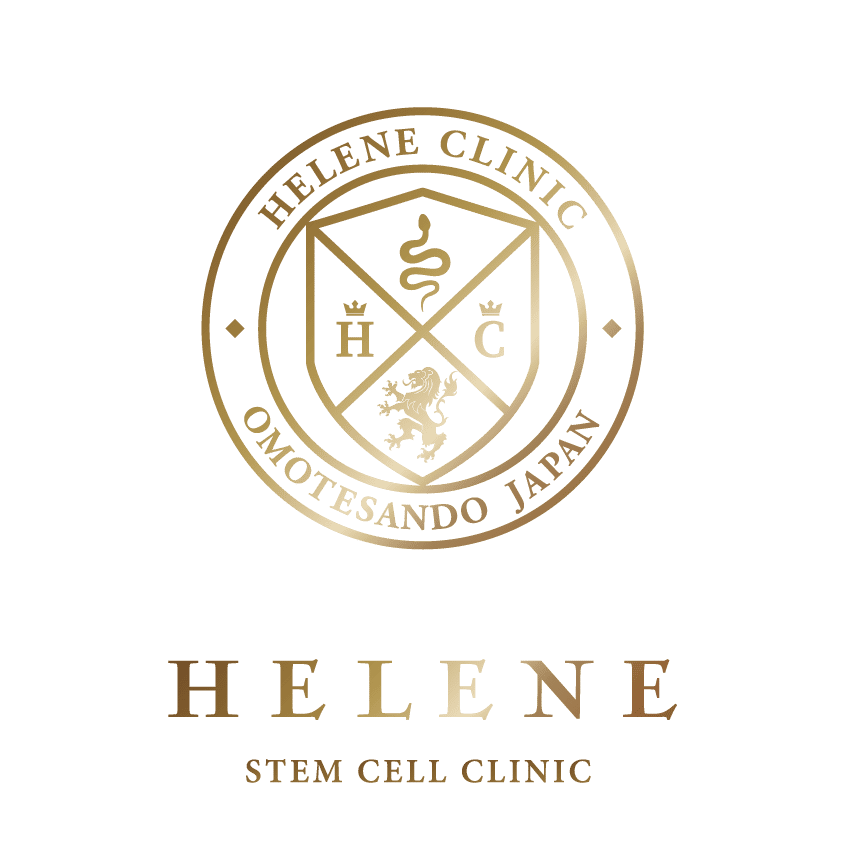
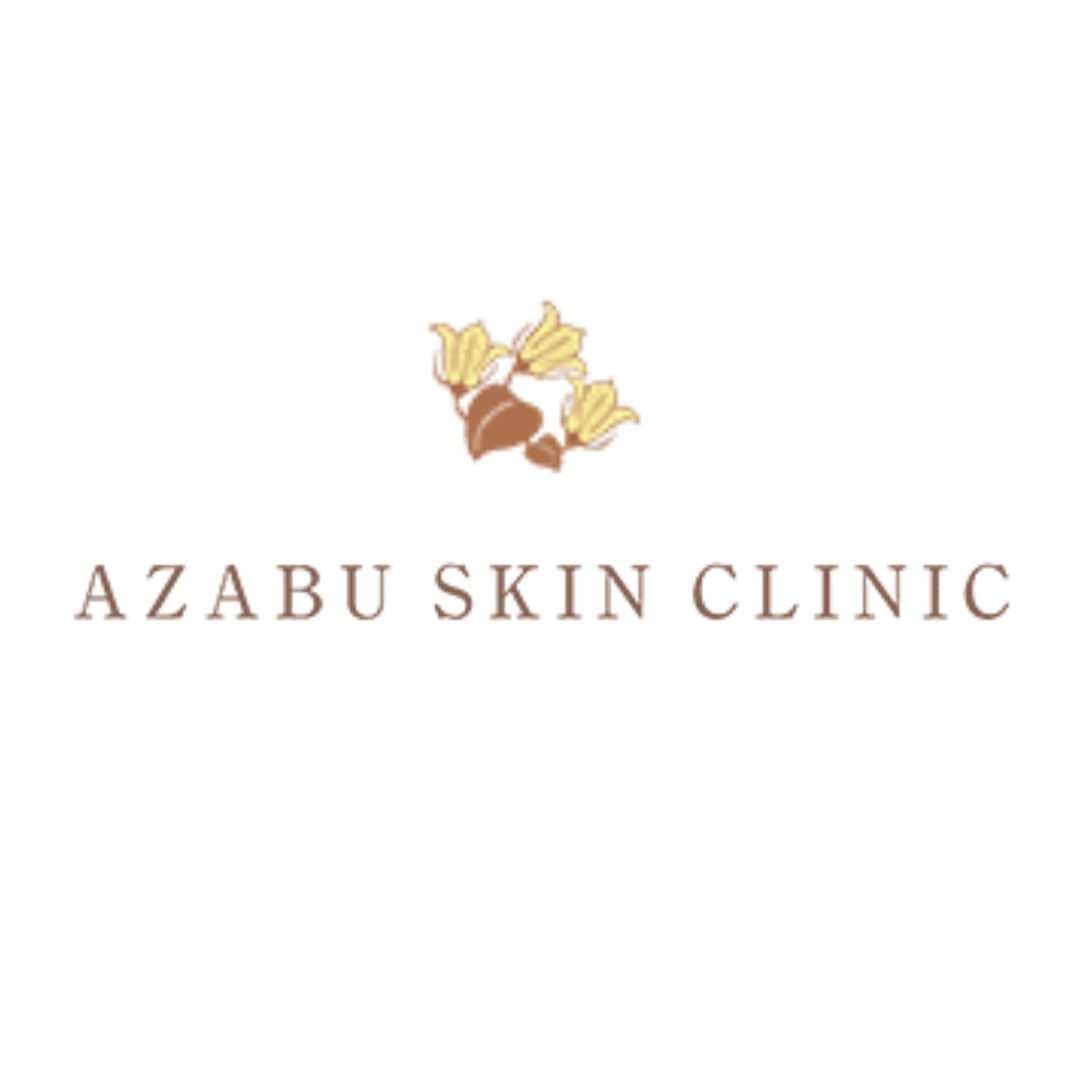
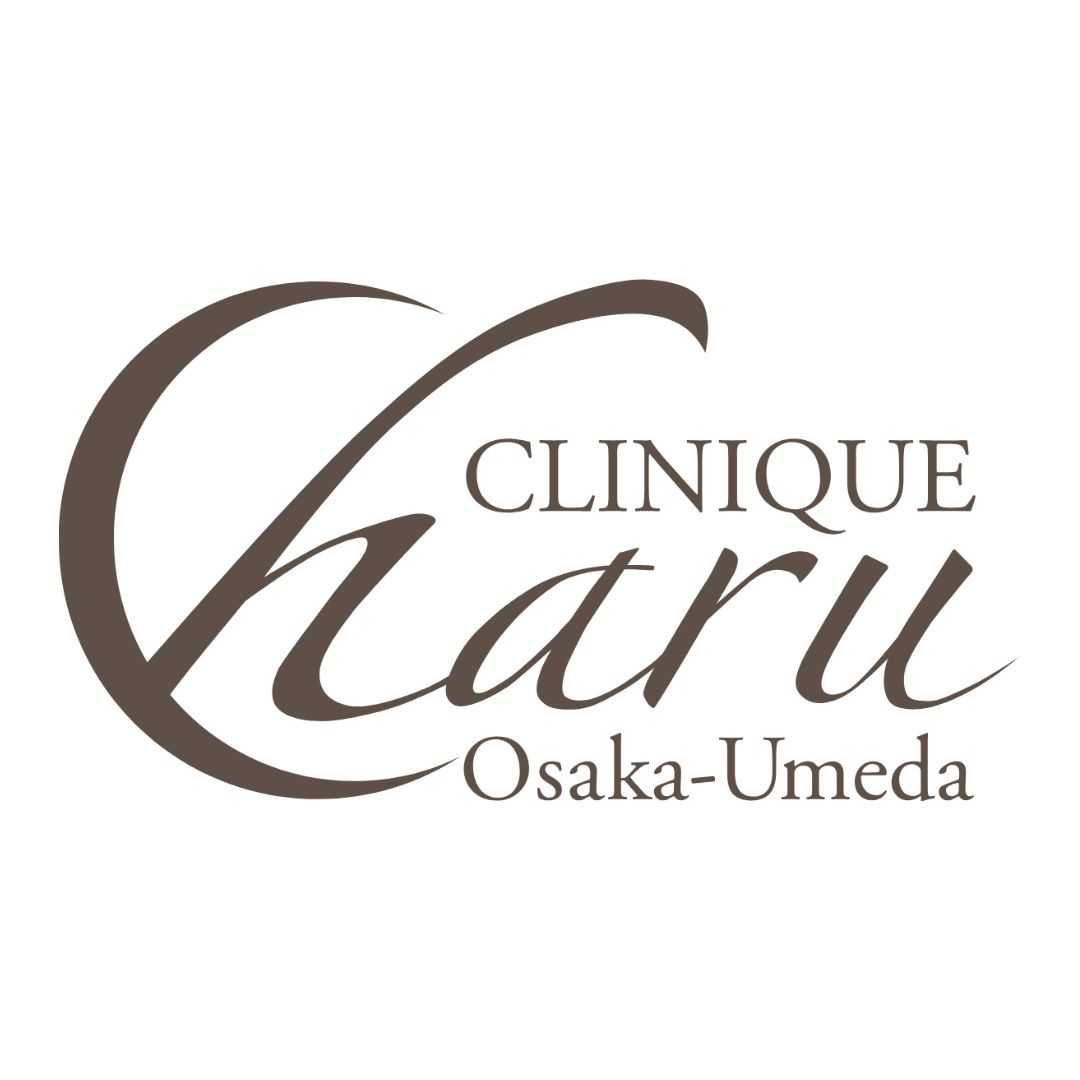

Share this listing